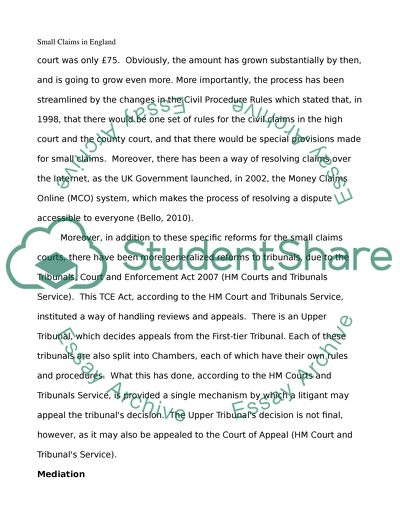Cite this document
(“It is intended that small claims should be subjected to a process that Essay”, n.d.)
It is intended that small claims should be subjected to a process that Essay. Retrieved from https://studentshare.org/law/1465091-it-is-intended-that-small-claims-should-be
It is intended that small claims should be subjected to a process that Essay. Retrieved from https://studentshare.org/law/1465091-it-is-intended-that-small-claims-should-be
(It Is Intended That Small Claims Should Be Subjected to a Process That Essay)
It Is Intended That Small Claims Should Be Subjected to a Process That Essay. https://studentshare.org/law/1465091-it-is-intended-that-small-claims-should-be.
It Is Intended That Small Claims Should Be Subjected to a Process That Essay. https://studentshare.org/law/1465091-it-is-intended-that-small-claims-should-be.
“It Is Intended That Small Claims Should Be Subjected to a Process That Essay”, n.d. https://studentshare.org/law/1465091-it-is-intended-that-small-claims-should-be.


